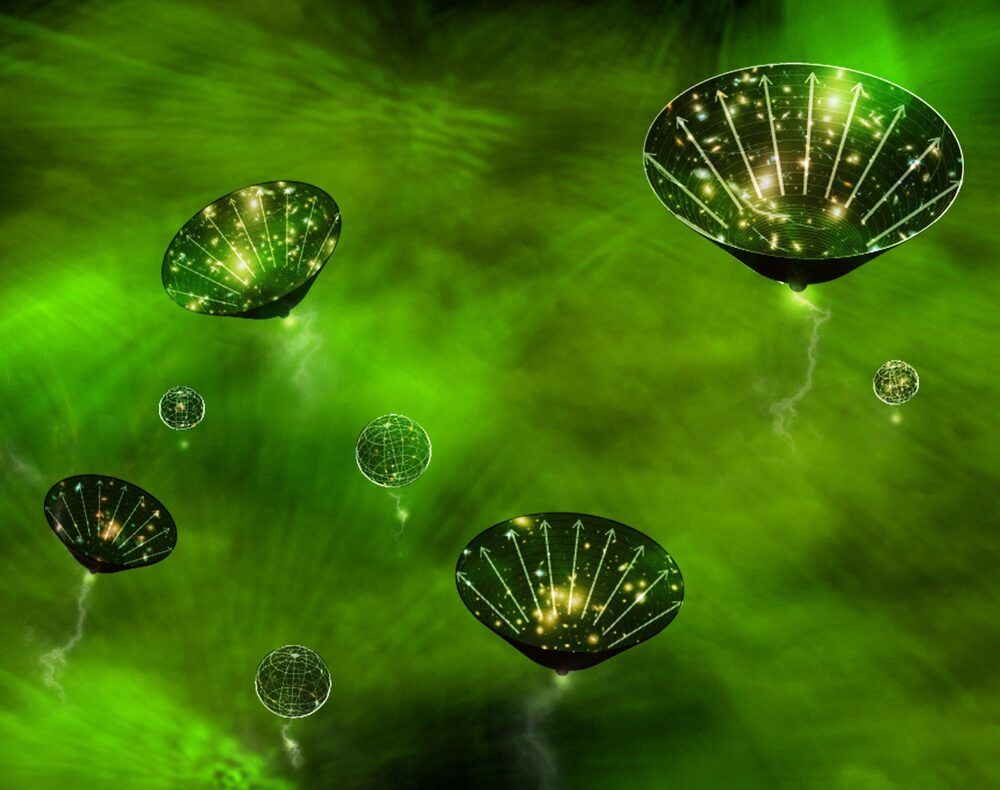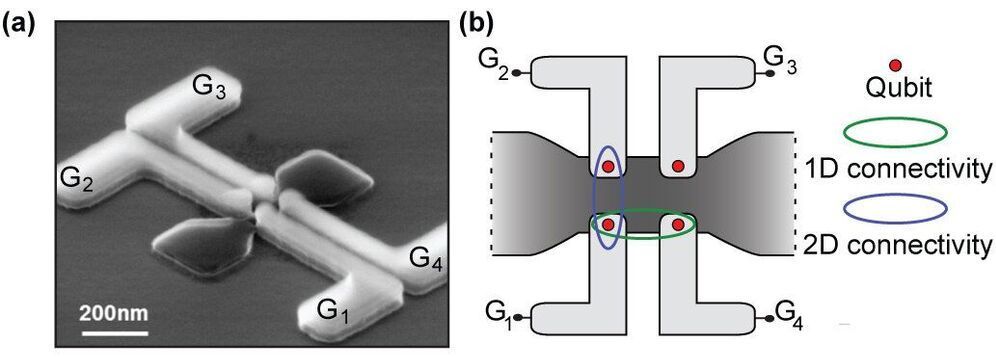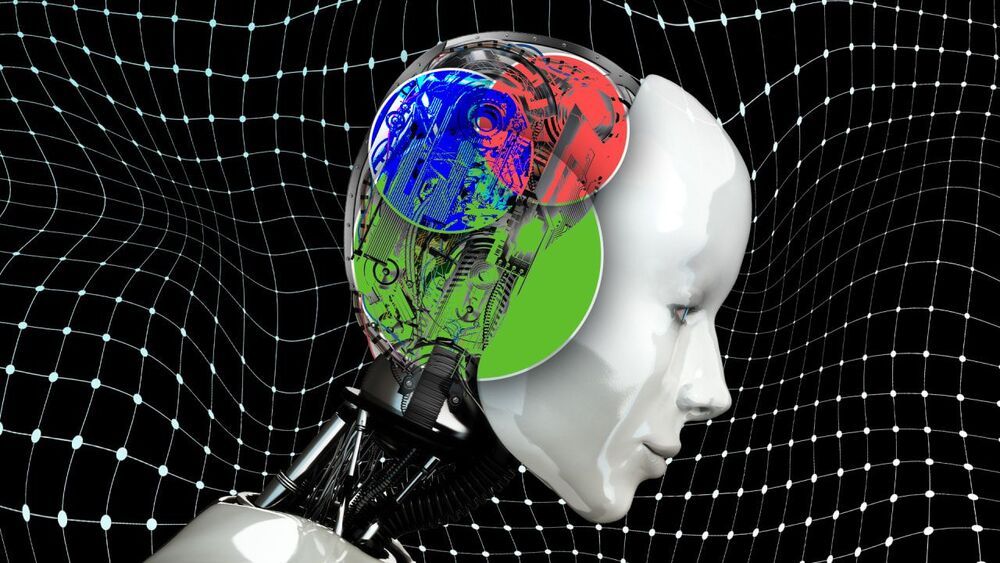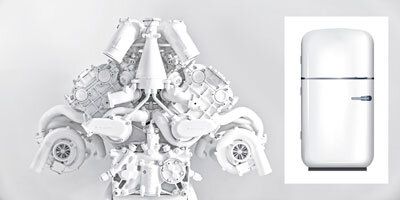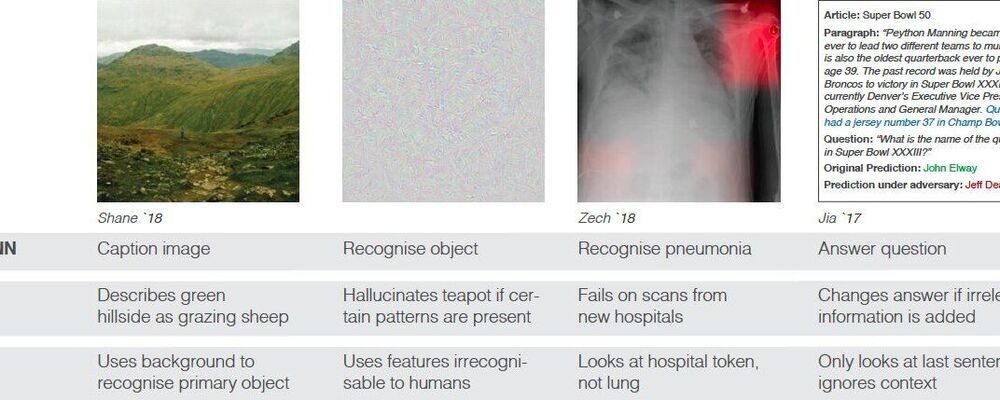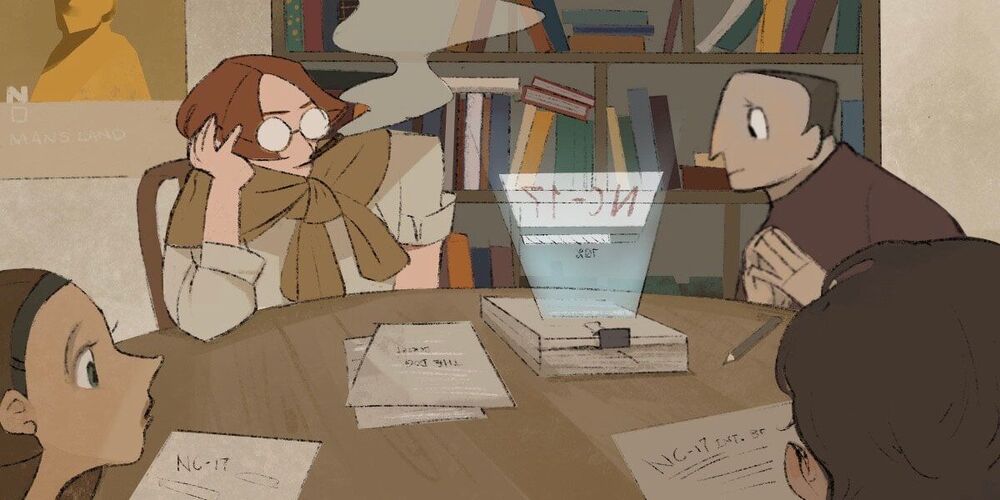The Kavli Institute for the Physics and Mathematics of the Universe (Kavli IPMU) is home to many interdisciplinary projects which benefit from the synergy of a wide range of expertise available at the institute. One such project is the study of black holes that could have formed in the early universe, before stars and galaxies were born.
Such primordial black holes (PBHs) could account for all or part of dark matter, be responsible for some of the observed gravitational waves signals, and seed supermassive black holes found in the center of our Galaxy and other galaxies. They could also play a role in the synthesis of heavy elements when they collide with neutron stars and destroy them, releasing neutron-rich material.
In particular, there is an exciting possibility that the mysterious dark matter, which accounts for most of the matter in the universe, is composed of primordial black holes. The 2020 Nobel Prize in physics was awarded to a theorist, Roger Penrose, and two astronomers, Reinhard Genzel and Andrea Ghez, for their discoveries that confirmed the existence of black holes. Since black holes are known to exist in nature, they make a very appealing candidate for dark matter.
